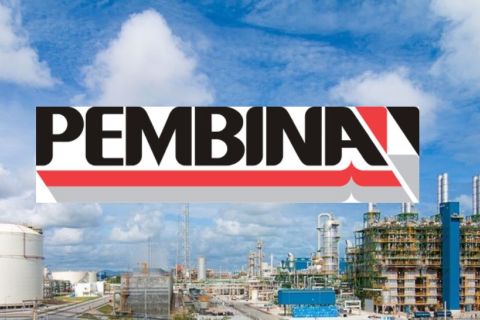Cheniere Energy, Inc. will collaborate with natural gas midstream companies, methane detection technology providers and leading academic institutions to implement quantification, monitoring, reporting and verification (QMRV) of greenhouse-gas (GHG) emissions at natural gas gathering, processing, transmission and storage systems specific to Cheniere’s supply chain, according to a press release on April 19.
The program is intended to improve the overall understanding of GHG emissions and further the deployment of advanced monitoring technologies and protocols by implementing ground-based, aerial and drone-based emissions monitoring. This collaboration builds upon Cheniere’s ongoing QMRV collaboration with natural gas producers and LNG shipping providers, both of which commenced in 2021.
“Together with our partners on this project and across our LNG value chain, we are working collaboratively to maximize the climate benefits and environmental competitiveness of U.S. natural gas and Cheniere’s LNG,” Cheniere president and CEO Jack Fusco commented.
The midstream QMRV program requires emissions monitoring over at least a six-month period, with all data independently analyzed and verified by the project’s academic partners. At the Gillis compressor station, the R&D initiative will also test multiple continuous emissions monitors to assess the performance of these technologies.
Emissions researchers from Colorado State University and The University of Texas will conduct the research with the measurement protocol designed by the research group and Cheniere. It will be field tested at facilities operated by the participating companies, which include Kinder Morgan, Inc., Williams Companies, Inc., MPLX LP, DT Midstream, Inc. and Crestwood Equity Partners LP.
These QMRV programs support Houston-based Cheniere’s climate strategy initiatives, including the company’s plan to provide cargo emissions tags to customers beginning this year. The tags are designed to quantify the estimated GHG emissions of LNG cargoes from the wellhead to the cargo delivery point, according to a report from Tudor, Pickering, Holt & Co.
“It is vital for both public policy and science that we have empirically driven measurement protocols and importantly that the complex and voluminous data collected is independently analyzed and verified by the scientific community,” Dr. Arvind Ravikumar, from the University of Texas Cockrell School of Engineering’s Sustainable Energy Development Lab, said in the press release.
Recommended Reading
EQT CEO: Biden's LNG Pause Mirrors Midstream ‘Playbook’ of Delay, Doubt
2024-02-06 - At a Congressional hearing, EQT CEO Toby Rice blasted the Biden administration and said the same tactics used to stifle pipeline construction—by introducing delays and uncertainty—appear to be behind President Joe Biden’s pause on LNG terminal permitting.
Venture Global Acquires Nine LNG-powered Vessels
2024-03-18 - Venture Global plans to deliver the vessels, which are currently under construction in South Korea, starting later this year.
Imperial Oil Shuts Down Fuel Pipeline in Central Canada
2024-03-18 - Supplies on the Winnipeg regional line will be rerouted for three months.
Pembina Pipeline Enters Ethane-Supply Agreement, Slow Walks LNG Project
2024-02-26 - Canadian midstream company Pembina Pipeline also said it would hold off on new LNG terminal decision in a fourth quarter earnings call.
TC Energy's Keystone Oil Pipeline Offline Due to Operational Issues, Sources Say
2024-03-07 - TC Energy's Keystone oil pipeline is offline due to operational issues, cutting off a major conduit of Canadian oil to the U.S.




